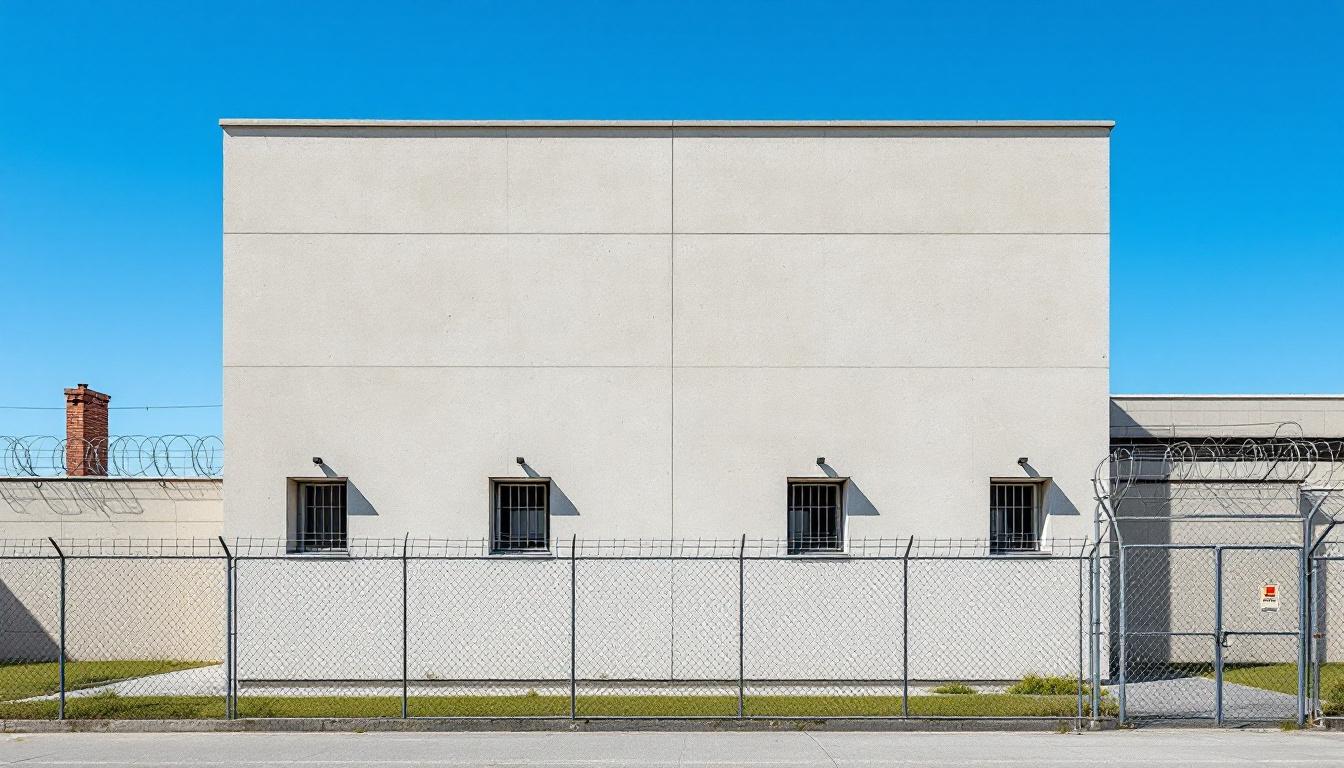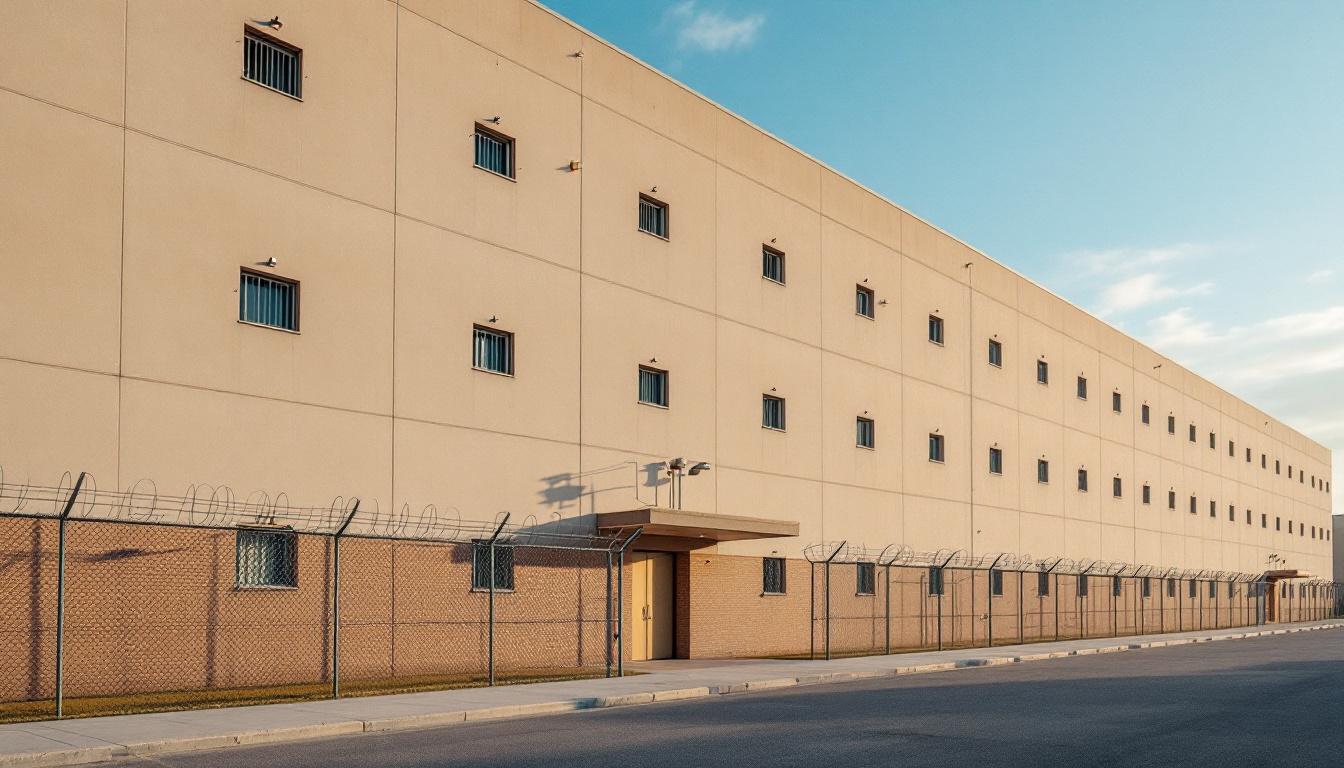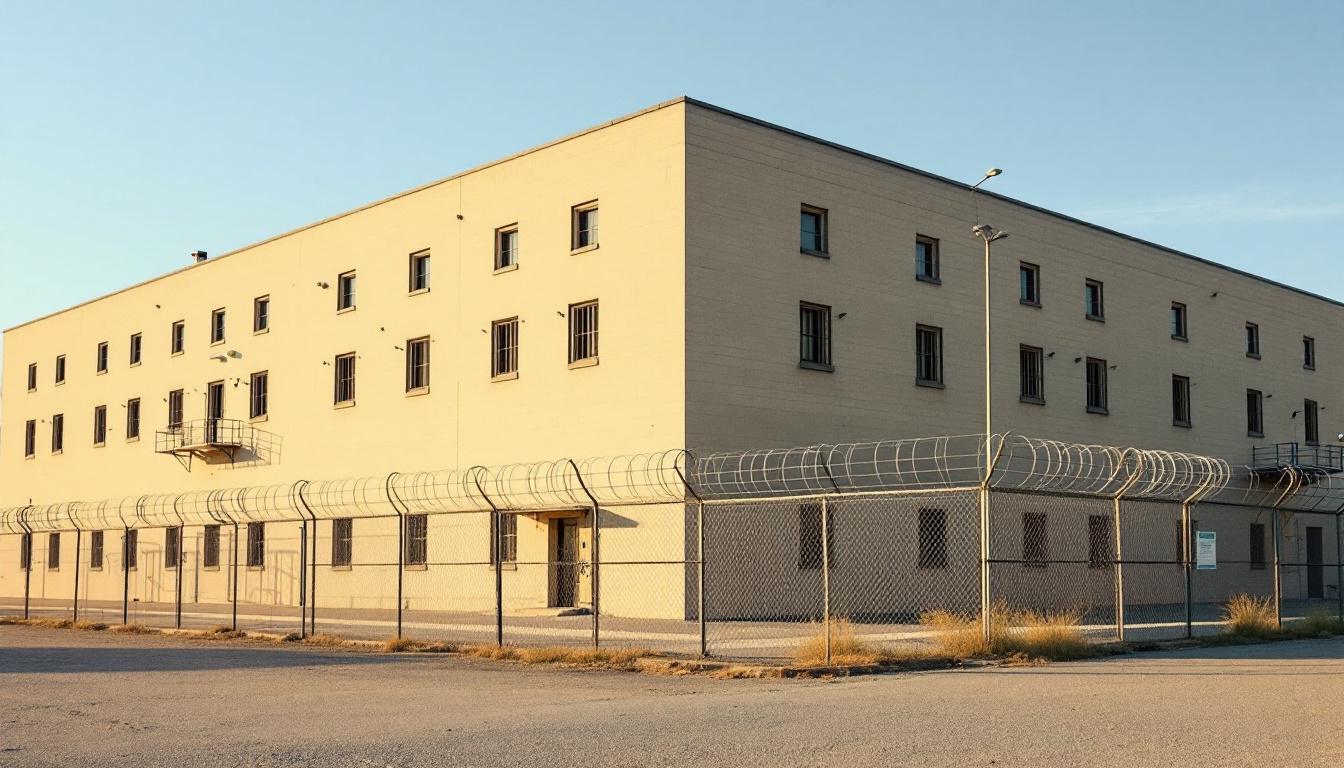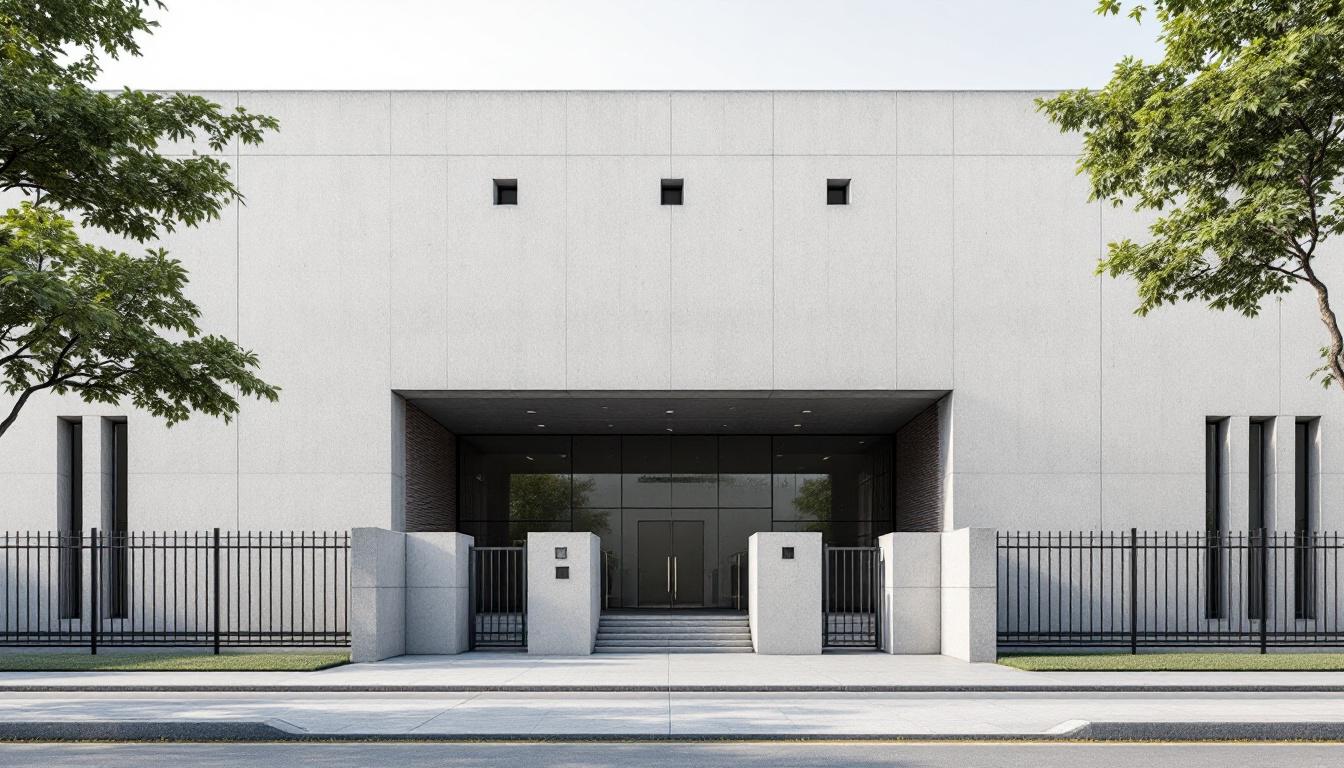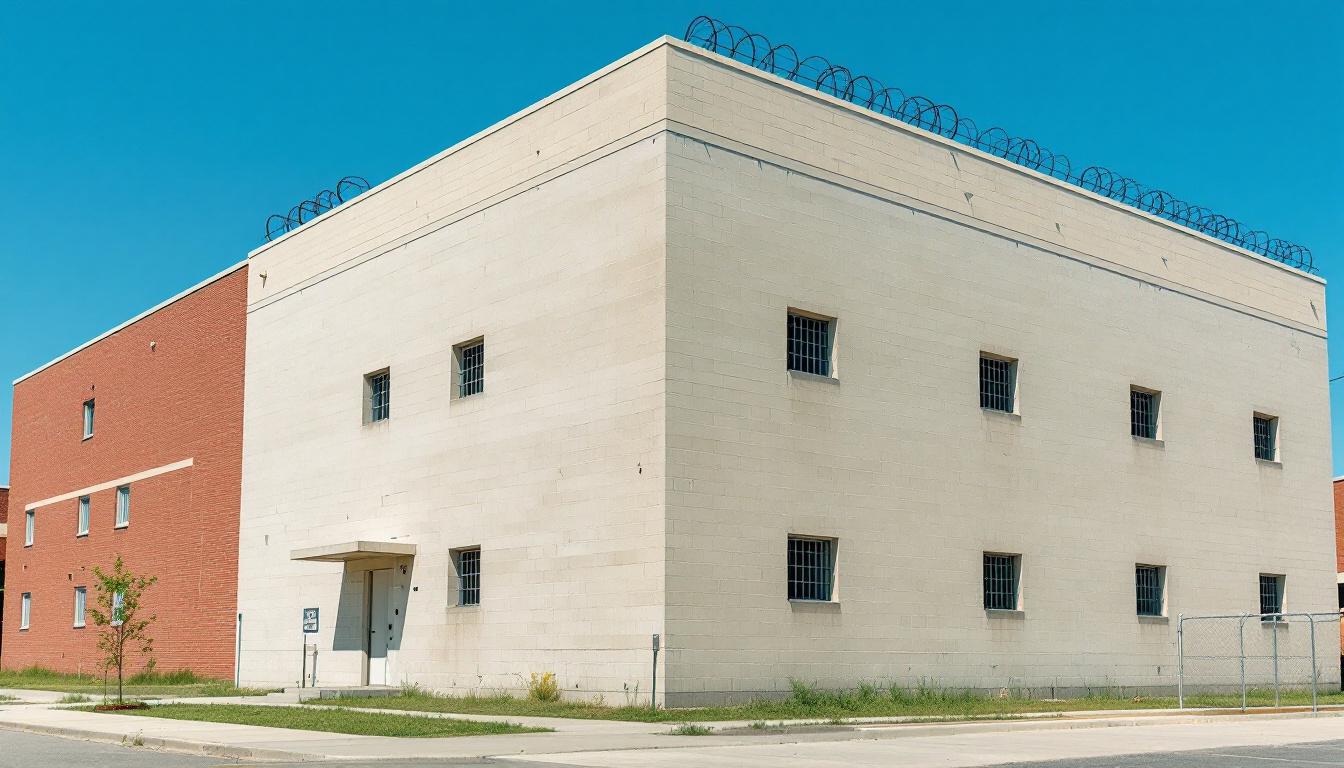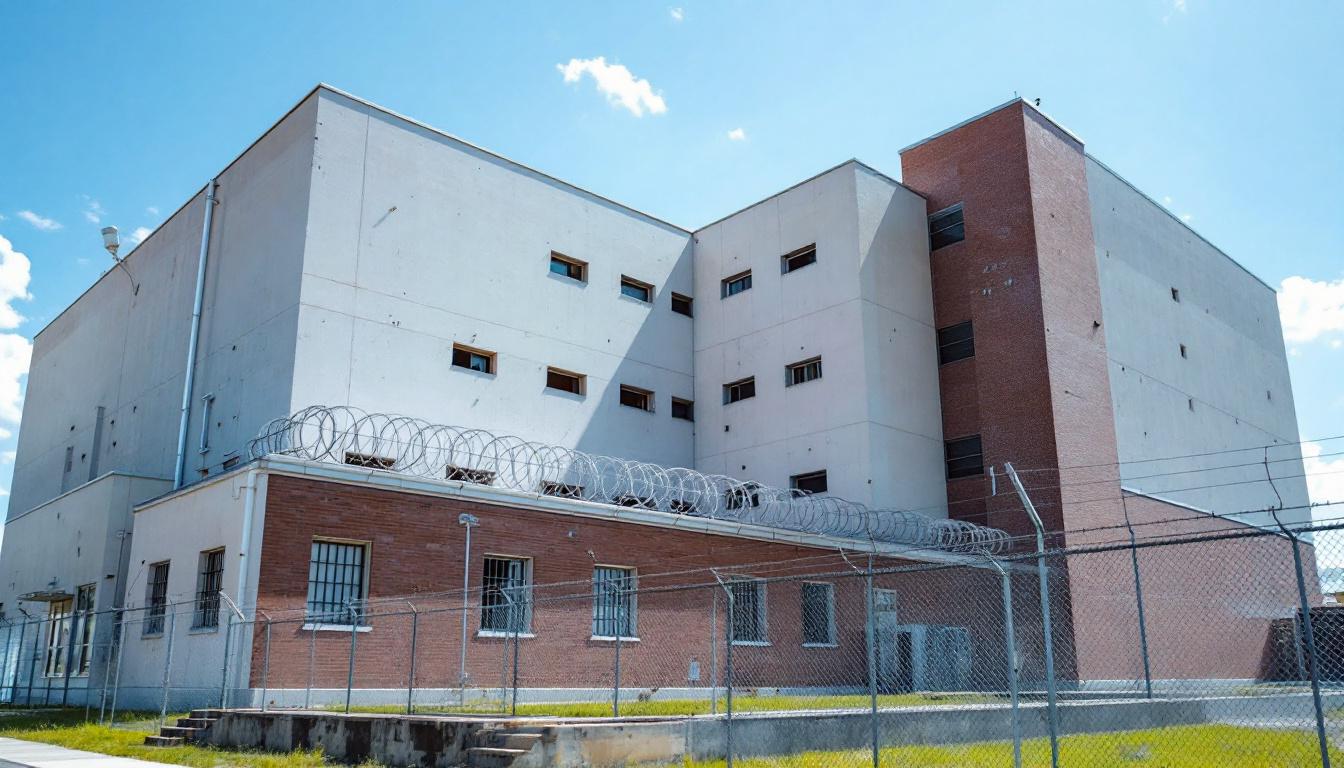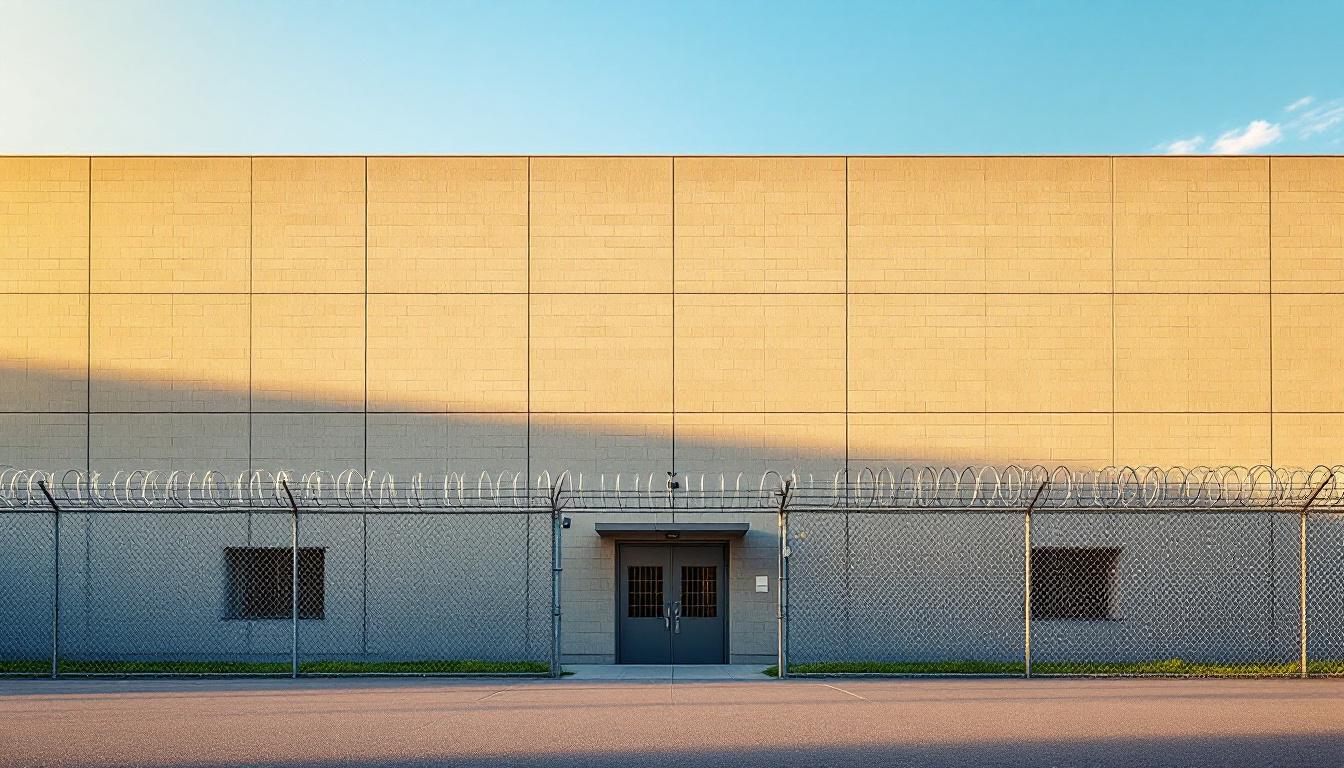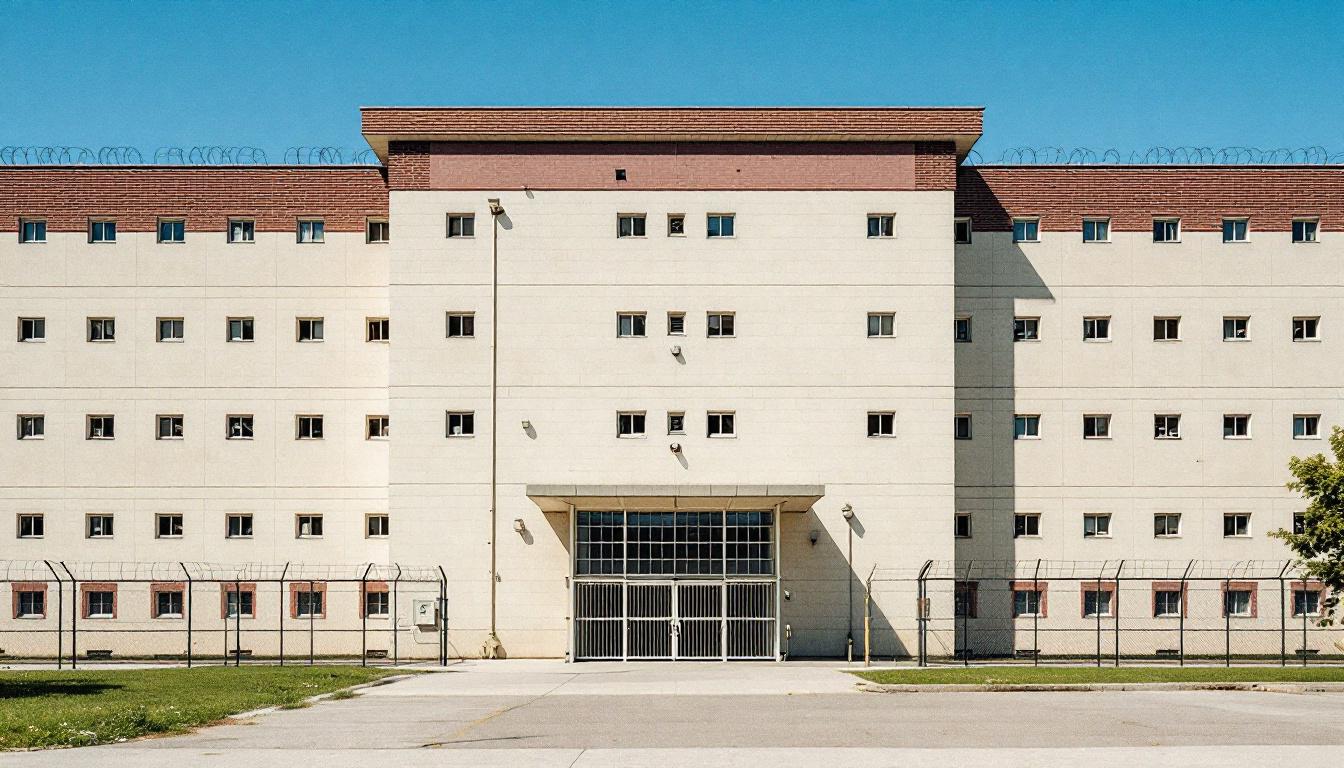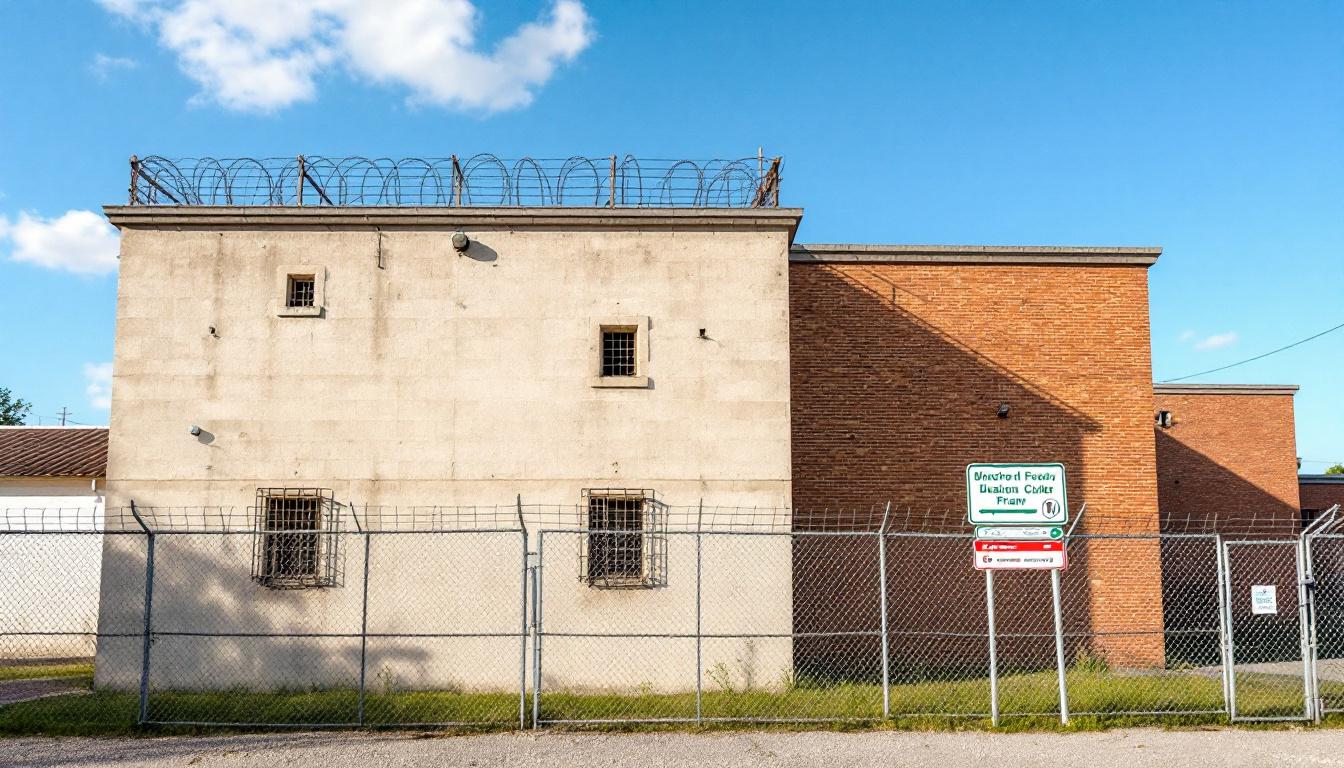
Quick Navigation
How to contact an inmate at Kane County Juvenile Justice
This comprehensive guide will walk you through how to connect with an inmate at Kane County Juvenile Justice. Follow the steps below to find an inmate and send letters and photos:
- Search for the inmate using our search tool below
- Create your account or log in to Penmate
- Write your message (up to 6,000 characters)
- Send instantly - inmates receive printed copies daily
Find an Inmate
Search for an inmate to start communicating today
Tip: You can search by first name, last name, or inmate ID number
To contact a person at Kane County Juvenile Justice start by searching for the person on the official facility website. Perform a search by following these steps:
- Step 1: Enter their first name and last name into the search form and click "Search"
- Step 2: Locate their inmate record
- Step 3: Write down their Inmate ID and any housing information provided
Important! Be sure to enter the person's full name. Nicknames should not be used.
How to Send Messages to Inmates

You can use your phone or computer to send emails, letters, and photos to an inmate. Messages are sent electronically to inmate tablets or kiosks at the facility. If you would like to send a message, start by searching for an inmate at Kane County Juvenile Justice.
Sending Photos and Postcards

A great way to send love and support to a loved one at Kane County Juvenile Justice is to send photos and postcards. It only takes a few minutes to send photos from your phone and it makes a huge difference. You can also mail postcards with words of support and inspiration, or design your own postcard for special moments like birthdays and holidays.
Important! Be sure not to send any explicit photos or they may not be approved by the facility. You can also use a photo printing app like Penmate to make sure your photos are printed at the correct size (4x6 or 3x5) and are mailed according to the rules and regulations of Kane County Juvenile Justice.
Frequently asked questions about Kane County Juvenile Justice
-
How long does it take to deliver a message?
If you're sending an email message your letter is usually delivered within 24-48 hours. For messages sent via mail you should expect delivery within 3-7 days. All messages will need be approved by Kane County Juvenile Justice.
-
How much does it cost to send a message to Kane County Juvenile Justice?
You can send a message free using your phone or mail a message via USPS for the price of a $0.60 stamp and envelope. You can also purchase credits or e-stamps from services starting at $1.99.
-
What services can I use to contact an inmate at Kane County Juvenile Justice?
Penmate
You can use Penmate to send letters and photos to an inmate from your phone. It's an easy way to stay in touch during your loved one's incarceration. Use the inmate locator to find an inmate's location and contact information, then you can send messages within a few minutes.
Securus messaging
Securus may be another option for communicating with an inmate at Kane County Juvenile Justice. You can create a friends and family account and purchase credits to send messages. All messages will be reviewed and must be approved by the facility.
JPay
Some county jails and state prisons may support sending messages with JPay. You must register an account with the system, find your loved one, and purchase stamps to send messages. For some locations you can also attach photos.
Smart Jail Mail
You may also check if Smart Jail Mail is available at Kane County Juvenile Justice. Smart Jail Mail is operated by Smart Communications and has contracted with some state and county jails. After purchasing credits, your messages and photos are sent to the facility, printed out, and then handed out to your loved one.
-
What is the mailing address of Kane County Juvenile Justice?
Mailing address:
Kane County Juvenile Justice
37W655 IL-38
St. Charles, IL 60175
Phone: (630) 406-7480Business hours:
- Monday: 8:30 AM – 4:30 PM
- Tuesday: 8:30 AM – 4:30 PM
- Wednesday: 8:30 AM – 4:30 PM
- Thursday: 8:30 AM – 4:30 PM
- Friday: 8:30 AM – 4:30 PM
- Saturday: Closed
- Sunday: Closed
-
What are the visiting hours at Kane County Juvenile Justice?
Visiting hours at Kane County Juvenile Justice vary by housing unit and security level. Generally, visits are scheduled on weekends and holidays, with some facilities offering weekday visits. Contact the facility directly at (630) 406-7480 or check their website for the current visiting schedule. Visits typically last 30-60 minutes and must be scheduled in advance.
-
What items are prohibited when sending mail to Kane County Juvenile Justice?
Prohibited items typically include: cash, personal checks, stamps, stickers, glitter, glue, tape, staples, paperclips, polaroid photos, musical or blank greeting cards, hardcover books, magazines with staples, and any items containing metal or electronics. Only send letters on plain white paper with blue or black ink. Photos must be printed on regular photo paper (no Polaroids). Always check with Kane County Juvenile Justice for their specific mail policies.
-
How do I send money to an inmate at Kane County Juvenile Justice?
You can send money to an inmate at Kane County Juvenile Justice through several methods: 1) Online using JPay, Access Corrections, or the facility's approved vendor, 2) Money orders mailed directly to the facility with the inmate's name and ID number, 3) Kiosks located in the facility lobby, or 4) Over the phone using a credit or debit card. Fees vary by method, typically ranging from $2.95 to $11.95 per transaction.
-
Can I schedule a video visit with an inmate at Kane County Juvenile Justice?
Many facilities now offer video visitation as an alternative to in-person visits. At Kane County Juvenile Justice, video visits may be available through services like Penmate, Securus Video Connect, GTL, or ICSolutions. Video visits typically cost $10-20 for 20-30 minutes and must be scheduled in advance. You'll need a computer or smartphone with a camera and reliable internet connection. Contact the facility for their specific video visitation policies and approved vendors.
-
What identification do I need to visit an inmate at Kane County Juvenile Justice?
All visitors must present valid government-issued photo identification such as a driver's license, state ID, passport, or military ID. Minors must be accompanied by a parent or legal guardian who can provide the minor's birth certificate. Some facilities require visitors to be on the inmate's approved visitation list, which may require a background check. Contact Kane County Juvenile Justice for specific ID requirements and visitor approval procedures.
-
How can I find out an inmate's release date?
To find an inmate's release date at Kane County Juvenile Justice, you can: 1) Use the online inmate search tool if available, 2) Call the facility's records department, 3) Contact the inmate's case manager or counselor, or 4) Have the inmate provide this information during a call or visit. For privacy reasons, some facilities only release this information to immediate family members.
Facility Overview
Contact Information
Kane County Juvenile Justice37W655 IL-38
St. Charles, IL 60175
Phone: (630) 406-7480
Official Website

About Kane County Juvenile Justice
Serving the judicial needs of Kane County and surrounding communities, this IL correctional facility operates as a vital component within Illinois' broader correctional framework. The Kane County Justice Center, IL maintains its position in St. Charles through evidence-based practices that emphasize both public safety and structured rehabilitation approaches. Located within the Fox River valley region, this correctional facility typically processes individuals at various stages of the legal process while maintaining connections to the wider Midwest correctional network.
Inmates services at this facility generally encompass educational programming, substance abuse counseling, and vocational training opportunities designed to support successful community reintegration. The center typically collaborates with local organizations to provide mental health resources, library services, and family visitation programs that maintain important community connections. As part of Illinois' correctional system, the facility often incorporates therapeutic programming and life skills development that align with contemporary rehabilitation methodologies.
The St. Charles location allows for coordination with regional courts and law enforcement agencies throughout Kane County, facilitating efficient case processing and transportation logistics. This correctional facility may also provide medical services, dietary programs, and recreational activities that support the overall wellness approach common in modern correctional environments. Through its role in the state's judicial infrastructure, the center contributes to the systematic approach Illinois maintains toward corrections, emphasizing both accountability and preparation for eventual community return.
Programs & Services
Personal growth and skill development form the cornerstone of rehabilitative services at Kane County Justice Center, where inmates have access to structured opportunities designed to build both practical abilities and emotional resilience. The facility's approach emphasizes preparing individuals for successful community reintegration through comprehensive programming that addresses educational gaps, develops marketable skills, and provides therapeutic support. This multifaceted strategy recognizes that meaningful change requires addressing various aspects of an individual's circumstances and personal history.
Educational services typically include basic literacy instruction, GED preparation, and adult education courses that help inmates complete their high school equivalency requirements. Vocational programs may provide hands-on training in automotive repair, offering inmates the opportunity to develop technical skills that translate directly into employment opportunities upon release. These services often include both classroom instruction and practical application, allowing participants to gain confidence while building expertise in their chosen field.
Support services extend beyond traditional education to address the diverse needs of the inmate population. Veteran services may offer specialized resources for former military personnel, helping them navigate benefits and transition challenges. Also, agriculture programs often provide inmates with experience in farming techniques and land management, which can lead to employment in agricultural sectors. Mental health treatment services typically include individual and group counseling sessions, substance abuse programming, and crisis intervention support, ensuring that inmates receive the therapeutic assistance necessary for addressing underlying issues that may have contributed to their incarceration.
Daily Life & Visitation
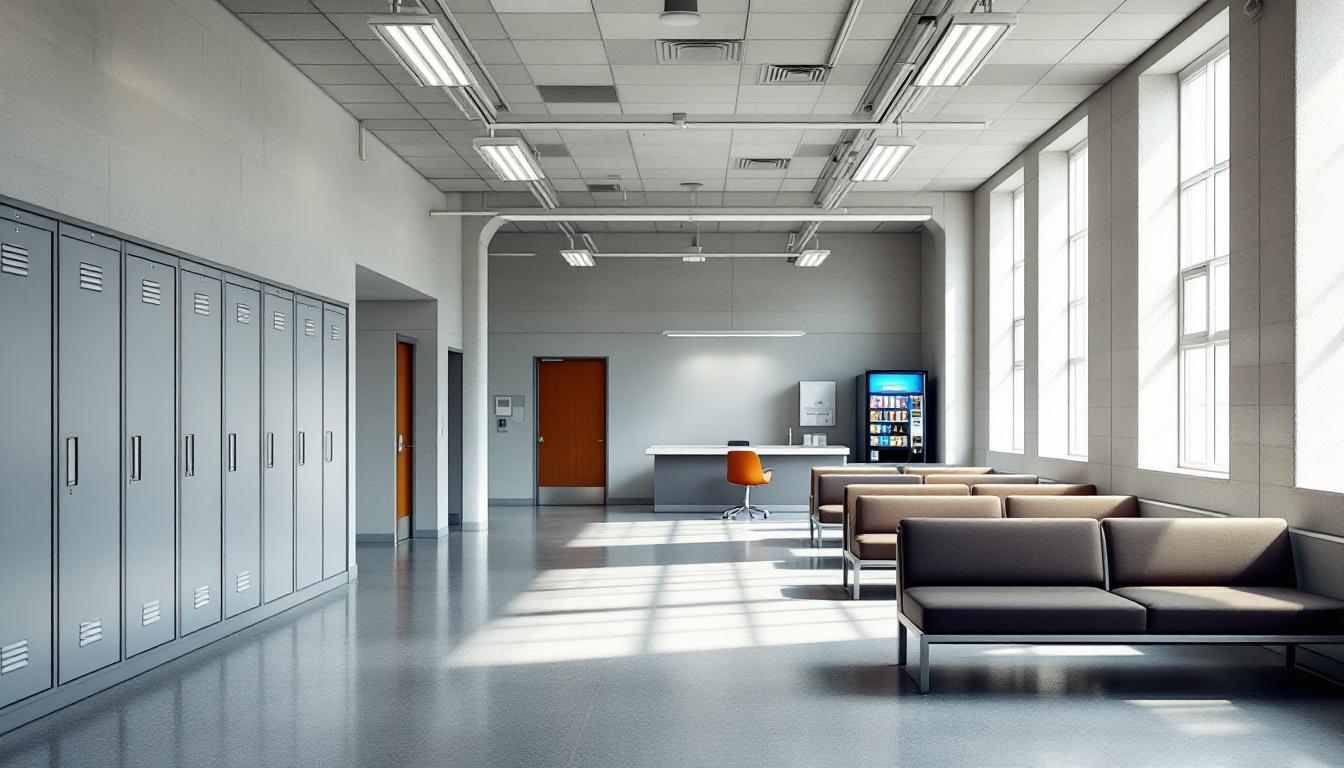
The housing units at Kane County Justice Center feature a structured environment where inmates navigate dormitory-style living arrangements alongside individual cells, depending on classification levels. Today's routine begins early with scheduled counts and meal service, consistently followed by work assignments, programming, and recreation periods. Generally, inmates adapt to the regimented schedule that typically includes breakfast, lunch, and dinner served in designated dining areas or delivered to housing units.
Living accommodations may include shared spaces where inmates learn to coexist within close quarters, often developing informal support systems among themselves. The facility usually provides basic furnishings and bedding, while inmates can typically purchase additional comfort items through the commissary system. However, personal property remains limited to approved items that meet security requirements. Also, inmates generally receive opportunities for outdoor recreation and exercise, which provide essential physical activity and stress relief within the confined environment.
Structured programming schedules often include educational classes, substance abuse counseling, and vocational training that help inmates use their time constructively. Visitation policies typically allow family members to maintain connections through scheduled visits, phone calls, and correspondence, which provide crucial emotional support during incarceration. Work assignments within the facility may include kitchen duties, cleaning, and maintenance tasks that give inmates responsibility and routine. However, adaptation to this environment varies among individuals, with some finding structure helpful while others struggle with the loss of personal freedom and privacy that characterizes institutional living.
Ready to Connect?
Start communicating with your loved one today
Search for an Inmate

